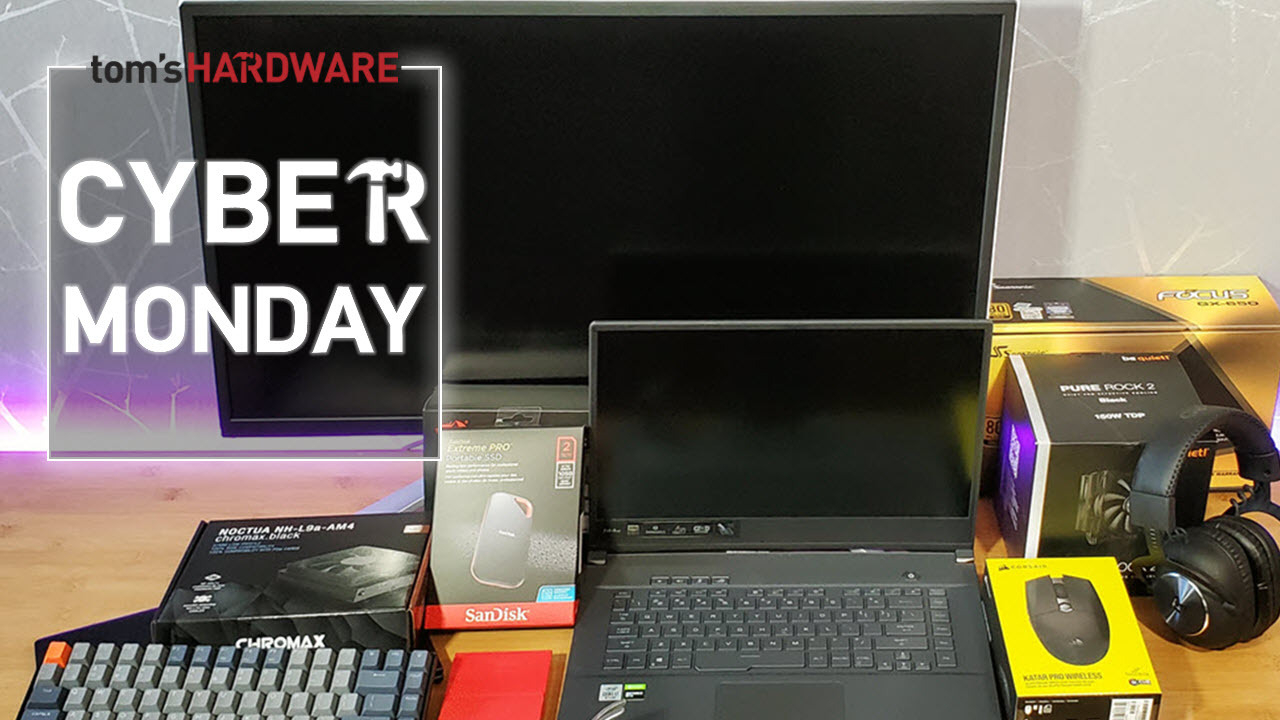Intel’s biggest foundry customer right now is arguably Ericsson, a company that deals in networking and 5G chips. Ericsson’s latest RAN Compute processors are utilizing the Intel 4 process node, the same node that’s used for Intel’s upcoming Meteor Lake CPU tile, and Ericsson apparently beat Intel to market. This new partnership is the latest bit of good news for Intel’s IDM 2.0 strategy, which aims to make Intel the second-best foundry in the world by 2030 — TSMC being first.
That Ericsson was teaming up with Intel to fab processors isn’t anything new, as the company announced in July that a future generation of 5G chips would be fabbed on 18A, which is due in 2025. This Intel 4-fabbed processor was actually hinted at all the way back in February 2022 on a roadmap, but we didn’t know it was being made on Intel 4 at the time. Now it’s official.
Related CPU Deals

• Ryzen 7 7800X3D: now $358
• Intel Core i5-13600KF: now $249
• Ryzen 9 7950X3D: now $581
According to Ericsson’s internal testing, its RAN Compute chips made on Intel 4 use “30 to 60 percent less power compared to industry benchmarks.” That info isn’t as useful as a chip-to-chip comparison would be, but Ericsson’s message is clear enough: Its new processors are very efficient. It’s implied that Intel 4 is a key reason why these chips are so efficient, but Ericsson’s press release doesn’t come out and say it explicitly.
The new chips also have much improved performance, with the high-capacity 6672 and 6372 processors having four times the capacity of their predecessors. The efficiency-focused 6678 and 6671 routers also add AI technology into the mix, which has been 2023’s top tech buzzword. Ericsson also boasts about its Open RAN architecture, which seeks to make networking less proprietary, more open, and able to work with a variety of server chips, whether they’re running x86 or ARM or something else.
Although AMD is pretty skeptical of Intel’s IFS business and its ability to succeed, this Ericsson-Intel partnership is a clear win for Intel. It also won a defense company contract for 18A chips back in 2021, an order from a big datacenter client to make processors on the Intel 3 node in January of this year, and last April even scored a deal with Arm to fab smartphone chips on 18A. If IFS continues to bear fruit, Intel could be in great shape over the coming years.






